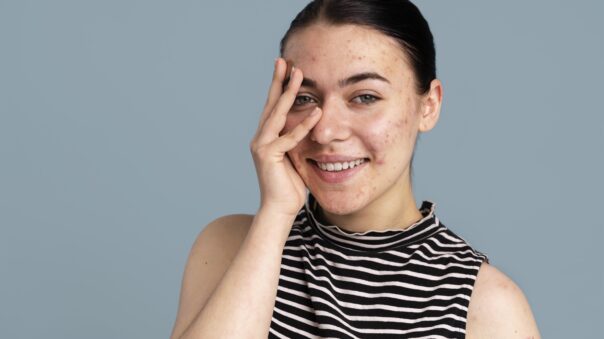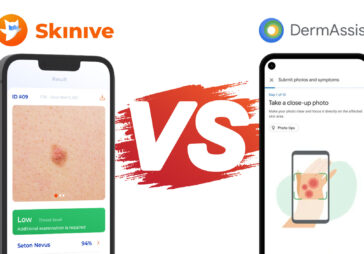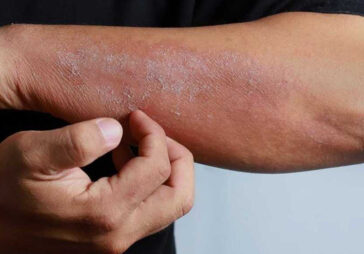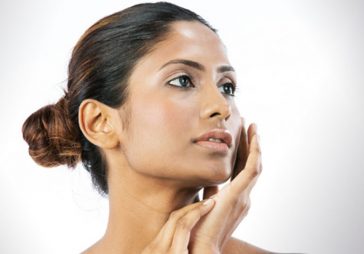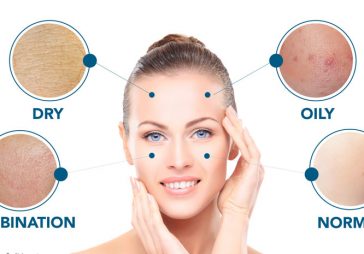Adult acne can be a frustrating challenge, especially when it persists into your 30s, 40s, or beyond. Dermatologists refer to this as “adult-onset acne,” which is more prevalent in women and can stem from various factors. Acne is often considered a rite of passage during adolescence, but for many adults, it remains an ongoing concern that can significantly impact self-esteem and quality of life. Adult acne, characterized by the presence of persistent breakouts and blemishes beyond the teenage years, presents unique challenges and requires tailored treatment approaches. Understanding the causes of adult acne and exploring effective solutions is essential for managing this common skin condition.
Understanding Adult Acne
Adult acne manifests similarly to teenage acne, with the formation of comedones (blackheads and whiteheads), papules, pustules, nodules, and cysts. However, it often presents in different areas of the face, such as the lower cheeks, jawline, and chin, and may be accompanied by hormonal fluctuations, stress, or underlying medical conditions.
Causes of Adult Acne
- Hormonal Imbalances: Fluctuations in hormone levels, particularly androgens like testosterone, can trigger excess sebum production, leading to clogged pores and acne flare-ups.
- Stress: Chronic stress stimulates the release of cortisol, which can exacerbate inflammation in the body and contribute to acne development.
- Dietary Factors: High-glycemic foods, dairy products, and certain foods with inflammatory properties may worsen acne in susceptible individuals.
- Skincare Products: Some skincare and cosmetic products containing comedogenic ingredients can clog pores and contribute to acne formation.
- Medications: Certain medications, including corticosteroids, hormonal contraceptives, and anticonvulsants, may trigger or exacerbate acne as a side effect.
- Underlying Medical Conditions: Conditions such as polycystic ovary syndrome (PCOS), hormonal imbalances, and disorders affecting the adrenal glands may predispose individuals to adult acne.
Treatment Options for Adult Acne
- Topical Treatments: Over-the-counter and prescription-strength topical treatments containing ingredients like benzoyl peroxide, salicylic acid, retinoids, or azelaic acid can help unclog pores, reduce inflammation, and prevent new breakouts.
- Oral Medications: Oral antibiotics, hormonal therapies (e.g., oral contraceptives, spironolactone), and isotretinoin (Accutane) may be prescribed by a dermatologist for moderate to severe cases of adult acne.
- Procedures: Dermatological procedures such as chemical peels, microdermabrasion, laser therapy, and photodynamic therapy can complement topical and oral treatments by targeting acne-causing bacteria, reducing sebum production, and promoting skin renewal.
- Lifestyle Modifications: Adopting a balanced diet, managing stress through relaxation techniques or counselling, and avoiding pore-clogging skincare products can help improve acne symptoms.
- Professional Guidance: Consulting a dermatologist or skincare specialist is crucial for developing an individualized treatment plan tailored to your specific skin type, concerns, and medical history.
Prevention Strategies
- Maintain a Consistent Skincare Routine: Cleanse your skin twice daily with a gentle cleanser, use non-comedogenic moisturizers, and apply sunscreen to protect against UV damage.
- Limit Trigger Foods: Reduce consumption of high-glycemic foods, dairy products, and foods with inflammatory properties that may exacerbate acne.
- Manage Stress: Practice stress-reduction techniques such as mindfulness, meditation, yoga, or exercise to minimize cortisol levels and support overall well-being.
- Choose Non-Comedogenic Products: Opt for skincare and cosmetic products labelled as non-comedogenic to minimize the risk of pore blockage and acne flare-ups.
Adult acne is a common dermatological concern that can affect individuals of all ages and genders. By understanding the underlying causes of adult acne and exploring effective treatment options and prevention strategies, it is possible to manage symptoms and achieve clearer, healthier skin. Whether through topical treatments, oral medications, lifestyle modifications, or professional interventions, addressing adult acne requires a comprehensive approach tailored to each individual’s unique needs and circumstances. With patience, perseverance, and professional guidance, you can regain confidence and embrace a clearer complexion.
Additional Tips to Prevent Acne and Blemishes:
- Hands Off: Resist touching or picking at acne to prevent scarring.
- If a bump appears on your lip line, pause before treating—it might be a cold sore rather than acne, and antiviral care is what speeds healing. To be sure, use a trusted Bump on Lip symptom checker to help you identify the cause before applying acne treatments that might irritate the area further.
- Practice Good Hygiene: Wash hands frequently and remove makeup before bed to keep skin clean.
- Cleanse Regularly: Wash sheets, pillowcases, hats, and glasses frequently to remove buildup that can clog pores.
- Hydrate: Maintain skin hydration to prevent excessive oil production.
- Choose Makeup Wisely: Opt for makeup designed for sensitive skin and avoid oil-based products.
- Sun Protection: Shield your skin from direct sun exposure and use sunscreen, especially when using acne medications that increase sun sensitivity.
By understanding the causes of adult acne and adopting effective skincare practices, you can effectively manage breakouts and achieve clearer, healthier skin.
Download Skinive app now to receive personalized skincare insights, including acne detection, tailored to reveal your radiant potential.

